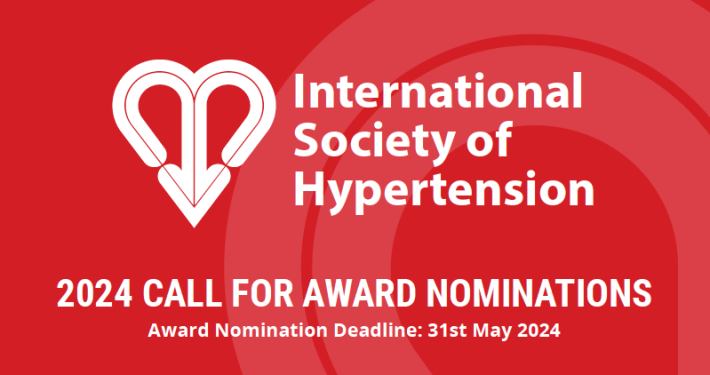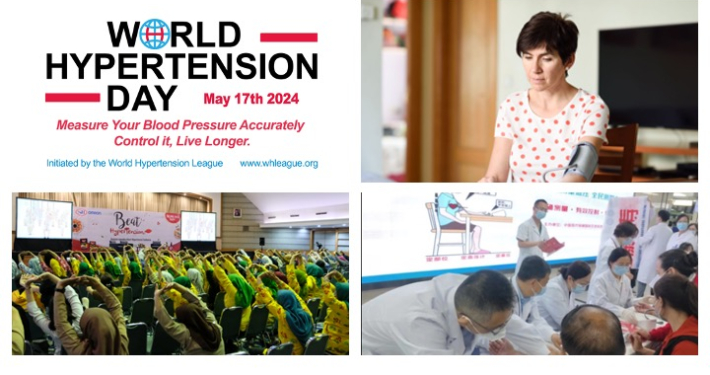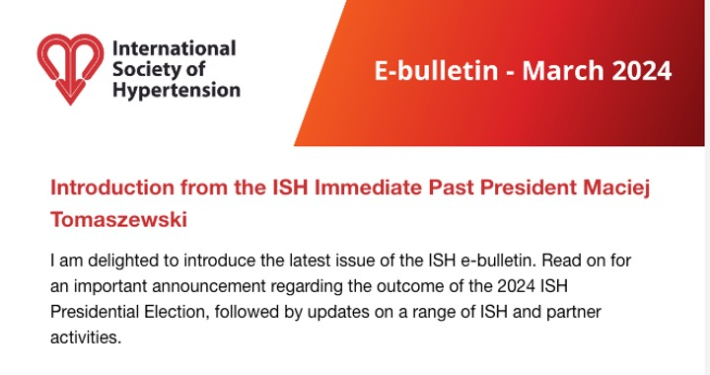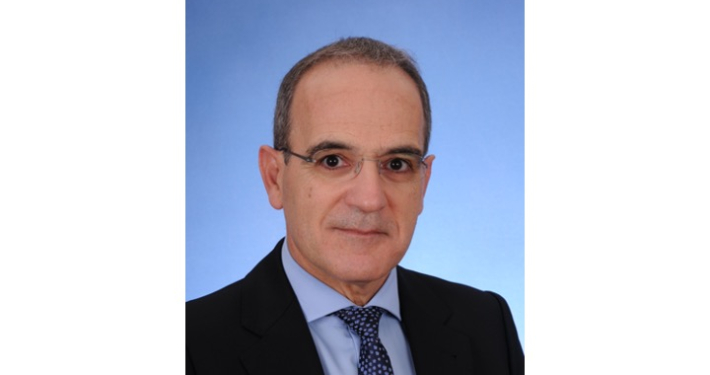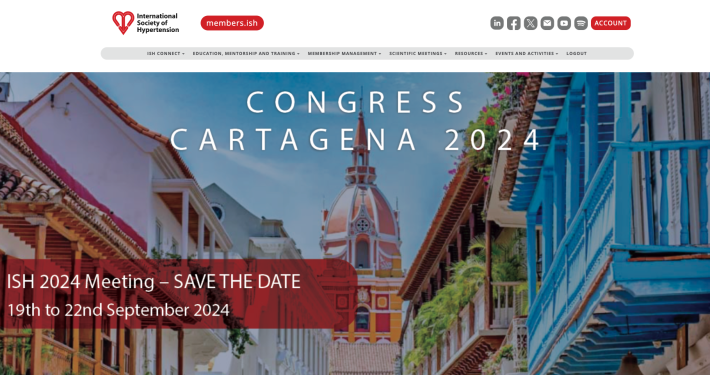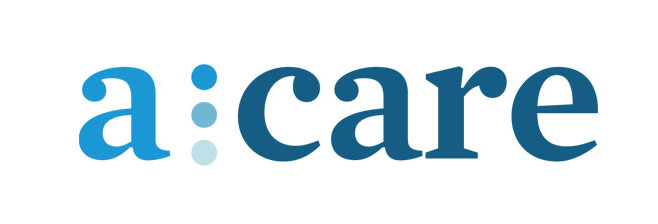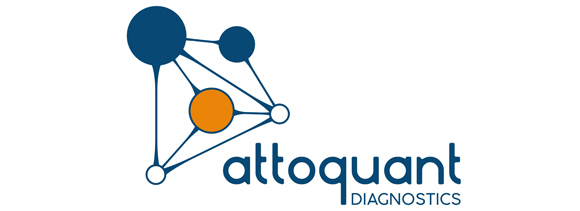Interesting Articles
Menopause Transition and Cardiovascular Disease Risk
Need to raise awareness of significant adverse cardiometabolic changes accompanying midlife and menopause transition as a multidimensional transition during midlife and the link between CVD risk and multiple menopause-related characteristics.
Challenges facing Women in Academic Research
Troy Vettese outlines the many hurdles to academic advancement facing women.
Despite increased recognition of the problem, women still face a variety of hurdles to academic advancement. This is an excellent article by Troy Vettese that discusses the many challenges in depth.
Opinion: How to tackle the childcare–conference conundrum
View an article by Rebecca M. Calisi and a Working Group of Mothers in Science
Inspirational women in medicine
Read an article from The Lancet on a exhibition being held at the Royal College of Physicians, London, UK (until 19 January 2017) on Women in Medicine: A Celebration.
New partnership with Canada to broaden support for early-career women scientists in the developing world
The Organization for Women in Science for the Developing World (OWSD) and Canada have begun a new partnership aiming to empower women researchers based throughout the developing world to become leaders and role models in science, technology, engineering and mathematics (STEM).
Lonely At The Top For Women Scientists
By Kenneth Macdonald, BBC Scotland Science Correspondent.
“Women scientists – and technologists, engineers and mathematicians – who rise in education, industry and government find another problem: it can be lonely at the top.”
A new network has been set up to support women scientists who find themselves isolated in senior positions.
Sci Sisters is the work of Prof Polly Arnold, who holds the Crum Brown chair of chemistry at Edinburgh University.
In the past she has worked to encourage more young women to consider careers in science.
Now she is attempting to address the issue that only 10% of the top jobs in Scottish science, technology, engineering and mathematics are held by women.
It’s long been recognised that science has a problem with women.
Clinical Science – Gender and Molecular Medicine
A special issue series of articles from Clinical Science (Portland Press) exploring gender- and sex-based medicine, with some of the leaders in the field.
Guest Editor: Professor Jane Reckelhoff (Billy S. Guyton Distinguished Professor, Director, Women’s Health Research Center University of Mississippi Medical Center)
Gender- or sex-based medicine includes the study of diseases or conditions which occur only in people of one sex or sex-related diseases. Gender-based medicine also looks at how two sexes may have different experiences of the same disease, potentially presenting with different symptoms or respond differently to therapy – the pathophysiology of disease may also vary as a function of genetics, epidemiology and biological sex/gender.
Understanding Unconscious Bias
An animation and briefing on unconscious bias, adapted by Professor Uta Frith DBE FBA FMedSci FRS, introduces the key concepts and current academic research around unconscious bias with the aim of alerting Royal Society selection and appointment panel members to potential biases that can arise when making judgments or decisions.
Click here to view the animation and briefing.
A further document on gender equality, Science Europe’s Practical Guide to Improving Gender Equality in Research Organisations.
Sex Differences in Faculty Rank Among Academic Cardiologists in the United States
Studies demonstrate that women physicians are less likely than men to be full professors.
Daniel M. Blumenthal, MD, MBA, et al.
Women Are Less Likely Than Men to Be Full Professors in Cardiology
Why does this happen and how can we fix it?
Molly Carnes, MD, MS
C. Noel Bairey Merz, MD
Do Patient Outcomes Differ Between Those Treated by Male and Female Physicians?
Comparison of hospital mortality and readmission rates for Medicare patients treated by male vs. female physicians.
Women in Science Research Network
Women in Science
Women under-represented in world’s science academies
Women’s Careers in STEM – What does it take?
An article outlining the obstacles young women have to overcome if they aspire to a career in the STEM fields.
Gender equality in Switzerland today
A report from the Baker IDI Perspectives – Women in Science – publication.
Women need to be their own greatest champions
A report from the Baker IDI Perspectives – Women in Science – publication.
Short history of the Indonesian Women of Cardiology
The idea to form a female cardiology club in Indonesia was initially brought forward by our senior female cardiologists; Prof Lily Rilantono, Prof Ganesja Harimurti, Dr Ann Soenarta and Dr Anna Ulfa Rahajoe. But not until 2010 that a chat group was formed, exclusively for Indonesian female cardiologists to get to know each other, expand their networks and generally to discuss anything concerning women’s cardiovascular health in general. In this group members also could share and help each other navigating the unique challenges of being a minority in the cardiology field. At that time the number of female cardiologists in Indonesia was still very few.
The name ‘IWoC’ or ‘Indonesian Women of Cardiology’ was proposed by Prof Lily Rilantono and soon become a trademark among Indonesian female cardiologists. Numerous gatherings and meetings were held under the same interest and a common goal to increase awareness and promote cardiovascular health in Indonesian women.
This discussion group grew and a special session was successfully held at the 2011 Annual Scientific Meeting of Indonesian Heart Association (Asmiha), specifically to review regional issues on cardiovascular health in women, collaborating with our colleagues from Malaysia and Singapore. Since then, a slot is always reserved on this subject in Asmiha and continued up to 2016.
Due to the growing interest on this field, Indonesian Heart Association approved IWoC to be a working group on 2012. Dr Anna Ulfa Rahajoe sat as the first chairperson from 2012-2014, and currently the position is being held by Dr Antonia Anna Lukito; both are prominent figures in the cardiovascular field in Indonesia, with long known interest in women’s health. Programs were expanded under the working group wings, including a book launching: Prevention of Cardiovascular Diseases in Women (2015) and presently a national registry on cardiovascular diseases in women is under development, projected to run on mid 2016.
Regionally and internationally, members of IWoC are immensely passionate about this topic, actively participating as faculty members in women’s cardiology sessions in numerous scientific meetings such as ACC Cebu-Phillippines (2010), WCC Dubai (2012), WCC Melbourne (2014) and AFCC Kuala Lumpur (2014).
Current numbers of cardiologists in Indonesia is around 800, far under the need of our 230 million population, and only under 200 of us are female. But the number is growing, and it is our aim that with this small number of female cardiologists, we will be able to contribute to lower the overall cardiovascular mortality rate in women, a gender group largely under-represented in many studies, thus many unanswered questions still remain whether there are differences on the pathology and therapy among genders.


